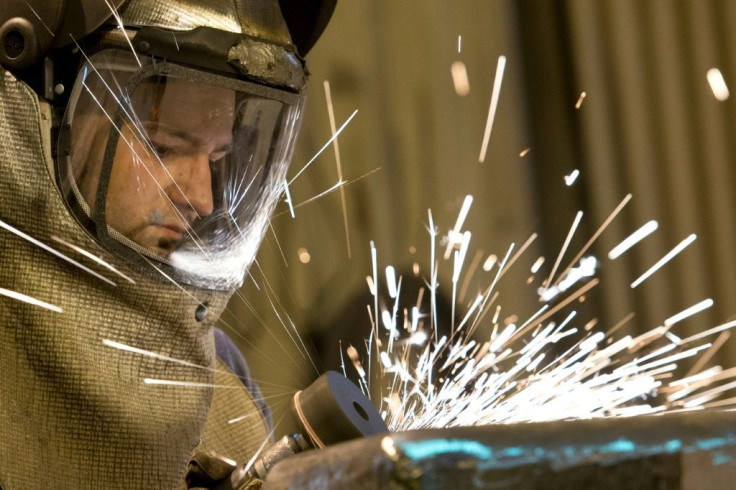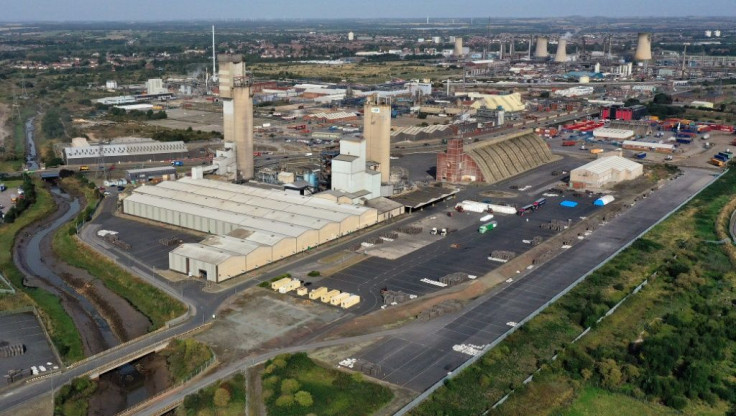Industries Urge UK Govt To Help Over Gas Price Hike
Britain's energy-hungry steel, chemical and glass industries on Monday urged the government to step in to help as wholesale gas prices spiral, pushing up production costs.
"We use a huge amount of energy, so in terms of electricity we use as much as 850,000 homes; gas -- the equivalent of 400,000 homes," Gareth Stace, the general director of UK Steel, a trade body, told Times Radio.
He said the sector was concerned that rising energy costs could become a steel crisis.
Factories are already being forced to pause production and could be forced to stop working for longer periods, he added.

"Any time energy prices skyrocket like we've seen now, that hits us very very hard," he said.
"Any profits that we might have been making -- because the steel industry globally is doing OK at the moment -- are totally wiped out at the moment with these exorbitant prices."
Business Secretary Kwasi Kwarteng has said he is working with the sectors to identify relief measures, and held meetings with business representatives on Friday.
But industry leaders on Monday urged speedier action.
"We need immediate action," the chief executive of industry body British Glass, Dave Dalton, told BBC radio.

He downplayed the Friday meeting with Kwarteng, however, saying that it was "very much an introductory one".
UK Steel's Stace said if the government could "provide us with a certain amount of capacity at a competitive price in that short term, that will get us over this energy crisis now".
Another possibility is to reduce compulsory levies that he said are a heavier burden on British companies than on their competitors.
"I can't promise anything as yet," Kwarteng told Sky News on Sunday, insisting the government was "absolutely focused on solving this problem."
His department on Monday said in a statement: "Our priority is to ensure costs are managed and supplies of energy are maintained."
In late September, the gas crisis caused the UK's largest producer of carbon dioxide, fertiliser maker CF Industries, to shut two sites.
This put food supplies at risk since the gas is used for chilling food and in abattoirs.
The government agreed to pay out millions of pounds to restart production and on Monday said it had struck a deal to ensure CO2 supplies to businesses, including the food sector.
Rising wholesale gas prices are also raising fears over heating bills for British consumers in the winter months ahead.
The energy price cap that protects customers has just increased by 12 percent and could go up a further 30 percent next year, according to experts.
© Copyright AFP {{Year}}. All rights reserved.





















